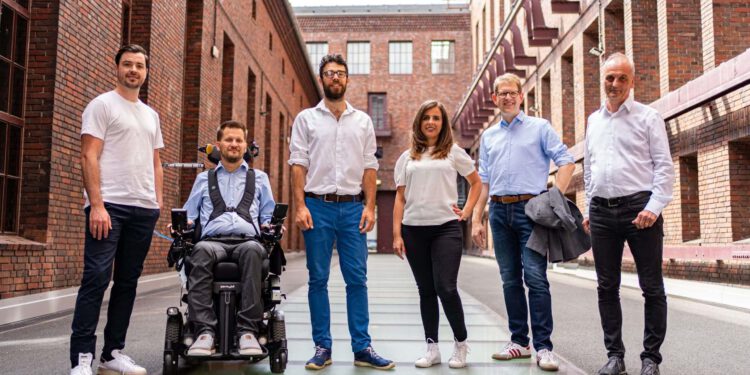Anyone who has not recently been in the crypto sector knows that Nuri (formerly Bitwala) has taken a pioneering role in the German Bitcoin sector. Since 2015, even before the first big crypto hype in 2017, the founders of the time have been working on the idea of opening up blockchain or Bitcoin banking to the public. The big question that one may now ask oneself in the context of insolvency is what remains of the idea and the original company?
Mammoth task of insolvency
Bankruptcy is a mammoth organizational task. In the case of Nuri, it is now not a matter of pulling the plug, but on the one hand to keep the business running, to be able to continue to provide the most important services and at the same time to draw up a restructuring plan. After all, Nuri is not only based on a lot of human resources and partly technical know-how, but also on around 500,000 customers and a managed customer asset of almost half a billion euros.
A restructuring plan can therefore above all mean preparing a company attractively and ready for handover to a potential buyer. To create structures for another company, for example a crypto exchange, or investors, for example a venture capitalist, to take on Nuri. What this “acceptance” means is written in the stars. Theoretically, this can be the continuation of the existing business under a new shareholder order or a “filleting” of certain areas, which are used for their own purposes.
Timing matters
Nuri’s example shows how important the macroeconomic environment is for start-ups to finance. If the crypto bank had managed to close a larger financing at the peak of the valuation rally in autumn / winter 2021, then it could probably have remained on track with the handbrake on. Of course, it is also too easy to blame only the macro environment for the insolvency of the fintech.
The high costs that Nuri’s growth course has swallowed up may be tolerable in an economic boom phase, but no longer in the current crisis. Rising financing costs, in the context of inflation-related key interest rate increases, make risk investments relatively unattractive. The result is a reduction in valuation, which in the end makes a company no longer economically viable or financially and creditworthy to the previous valuation.
One’s sorrow is the other’s joy
The same mentioned timing also plays into the renovation process. In the current environment, it is fundamentally more difficult to find potential buyers at a high price. After all, most competitors with potential buying interest are not doing so well financially themselves. But here, too, there are always exceptions. Those who now have sufficient capital can strategically carry out extremely smart M&A transactions. Especially with regard to market shares, Nuri’s many customers are certainly attractive to one or the other player.
On the other hand, as can also be seen from the company’s communications, Nuri’s management should do everything possible to save as much as possible from the company, especially the jobs.
The game against time
For Nuri, speed is important now. After all, costly processes must be maintained. There is also a risk that Nuri customers will withdraw more and more of their deposits. A quick solution to save as much of the substance as possible should therefore be a high priority.
At this point, however, it must also be clearly stated that at present every scenario is conceivable. How things will continue at Nuri in the future, we will report at BTC-ECHO.
You want to buy Dogecoin (DOGE)?
This is possible, among other things, via eToro. eToro offers investors, from beginners to experts, a comprehensive crypto trading experience on a powerful yet user-friendly platform. We have taken a close look at eToro.









